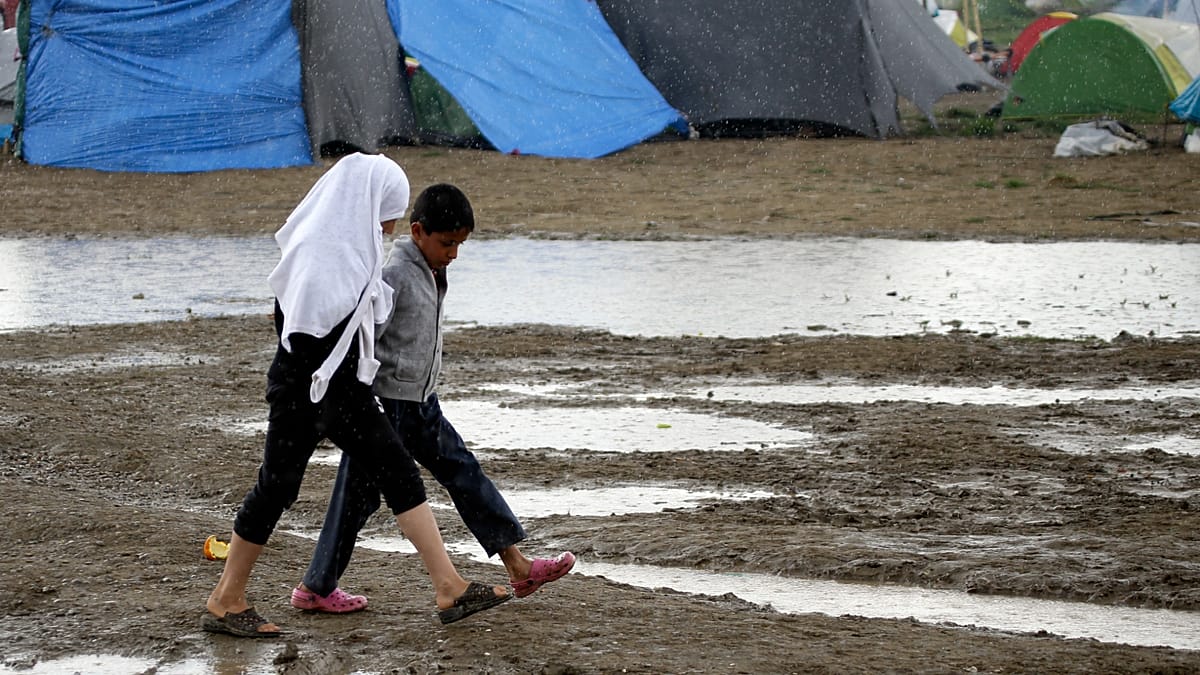
Published on
•Updated
European Union migration rules are actively worsening risks to minors travelling along dangerous routes to Europe from Sudan, according to a Save the Children report published on Wednesday.
The study shows that the EU’s efforts to keep asylum seekers in neighbouring countries, providing financial and operational support to North Africa, are in fact exposing children to harm.
The EU is striking more migration agreements with countries in Africa, investing in operational support for their border management in order to prevent people from embarking from their coasts on often perilous journeys.
In October, European Commission President Ursula von der Leyen announced a further €675 million would be given to North African countries to finance “effective border management” for the period 2025-2027.
“The EU invests hundreds of millions in border and migration control without guaranteeing that children’s rights are respected, even though it is legally obliged to do so”, Save the Children migration expert Federica Toscano said in a statement.
One of the consequences of these investments without adequate protection of those involved is the increasing violation of children’s rights, Toscano said.
Euronews contacted the European Commission for a comment on the report without receiving a reply at the time of publication.
From Sudan to Europe
Save the Children’s report focuses on routes from Sudan to Egypt, Libya, Greece and the Western Balkans, and is based around interviews with 66 children, 19 experts and 11 caregivers.
The NGO reported that all minors interviewed in Libya experienced severe violence, sexual exploitation, extortion, and long-term detention by armed groups.
In Greece, children described being prosecuted as traffickers, and in the Western Balkans, where one in five asylum seekers spoken to by the organisation experienced violent and in some cases allegedly illegal pushbacks by border police.
According to data from the EU border agency Frontex, the number of asylum seekers arriving at Europe’s borders has decreased in recent years. This may be attributable in part to investments the EU made in irregular migrants’ main countries of departure, among them Tunisia, Libya and Mauritania.
The EU mainly provides equipment for land and sea as well as operational training for local border forces and coastguards. The EU usually delegates to the implementation of its investments to Frontex, European governments operational arms, or private organisations.
However, Save the Children said that while the number of arrivals may be dropping, the number of minors trying to reach European coasts remains high.
The one-sided focus on strict border enforcement pushes migration flows “underground”, the report explains, “driving unaccompanied children into the hands of smugglers and making them invisible to protection systems”.
This means that despite the fall in numbers arriving in Europe, more and more children are are trapped in dangerous situations in transit countries, including falling into the hands of traffickers and smugglers.
